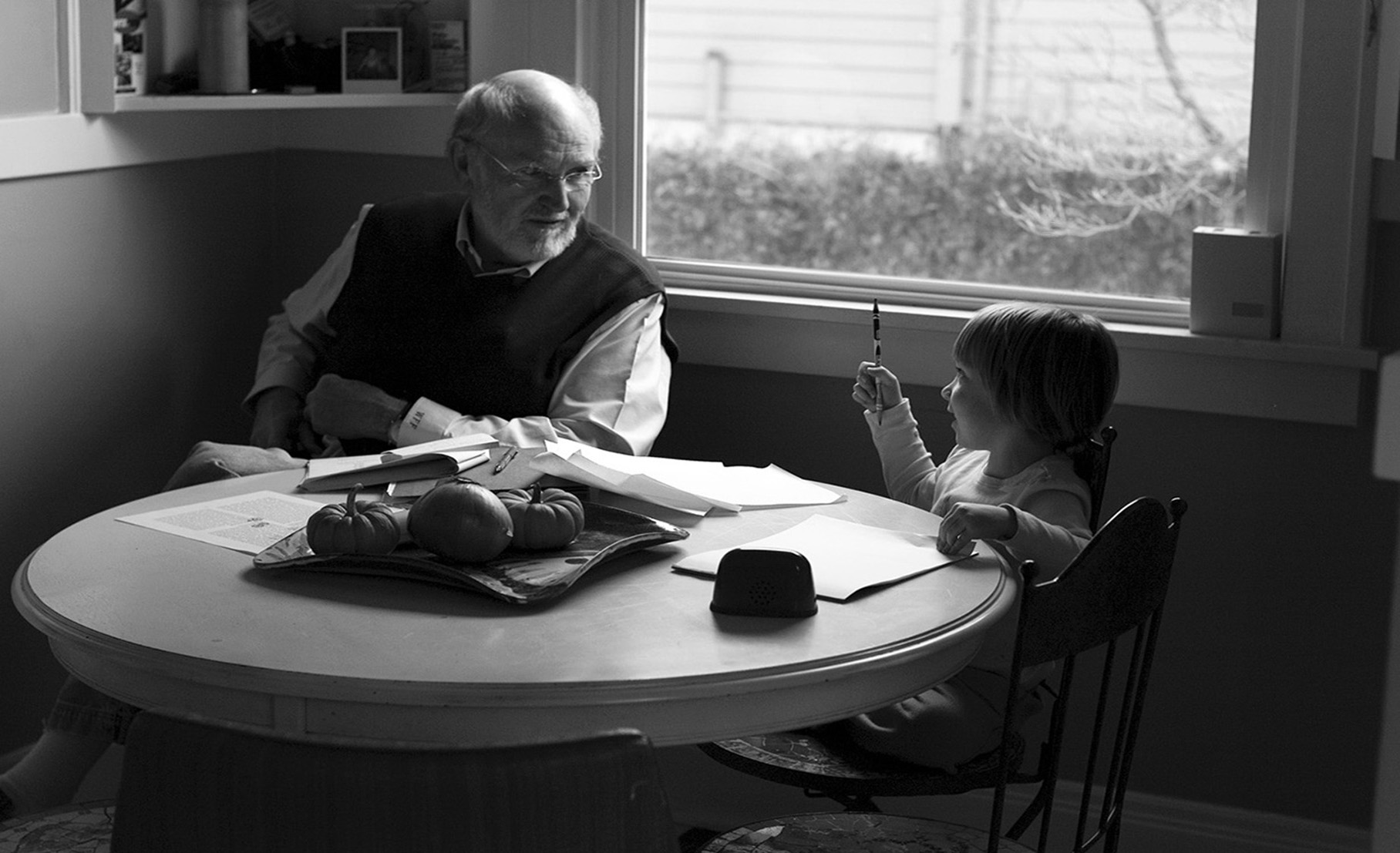Many people in Minnesota may wonder what the connection is between the distant oceans and our small part of the world. Chemical oceanographer and lecturer of Nobel Conference 48: Our Global Ocean William Fitzgerald will soon arrive on campus to tell us just how interconnected we all are to the oceans and marine life around us.
Chosen as the Rydell Professor for Gustavus’s Nobel Conference 48: Our Global Ocean, Fitzgerald will speak on Sept. 14 in Alumni Hall at 2:30 p.m. He will discuss his work in atmospheric and marine chemistry and areas of expertise in metal cycling in marine environments.
Established in 1995 by Doctors Robert and Susan Rydell, the Rydell Professorship endowment was created to help students take advantage of the Nobel lectureship series. The endowment brings distinguished and pioneering scholars to campus to interact with students.
“I think you’ll find that Bill is a really inspiring human being. He has a really positive outlook on life and being a scientist and an educator. He will inspire young scientists,” Professor of Chemistry and Environmental Studies and Nobel Committee Member Jeff Jeremiason said.
Fitzgerald’s role as the Rydell professor. however, will be treated differently this year. He will play a more intricate part on campus as a preview speaker and Nobel lecturer, but he will also be on campus to interact with students and intermittently co-teach an upper level special topics oceanography course related to the conference focusing on the geology, biology, chemistry and physics of the ocean.
“This year, we are trying something different to engage the community of students,” Professor of Physics and Nobel Conference Director Chuck Niederriter said.
“I describe him as outrageously approachable.” – Prof. Joel Carlin
The class will be taught in conjunction with seven faculty members of the science departments, among them Professor of Biology and Co-Chair of the Nobel Conference Joel Carlin.
“The students are expected to teach themselves the background basics, and when they come to class, we’re here to guide them into the controversies about what is going on now. It will be a greater challenge, but also greater fun,” Carlin said.
Fitzgerald’s preview of the Nobel Conference will showcase how the different disciplines of science come together to examine the interconnectedness of oceans and environmental processes that affect humans. The conference will highlight the multifaceted and often conflicting views of oceanography and the ethical ramifications of humans affecting the environment through processes like geo-engineering.
“It’s a true liberal arts approach to the sciences. He’s not a chemist. He’s not a biologist. He’s not a geologist, physicist. He’s all of the above. I describe him as outrageously approachable. He is a person who talks with you, not at you,” Carlin said.
His life’s work has revolved around metals in the oceans. For the preview and his lecture, Fitzgerald will be talking specifically about iron in the ocean.
“There has been an idea proposed that if iron is put into the ocean, it will change the microorganisms in the ocean and how they live. It may change the way gases work in the atmosphere. It may change the rate of climate change. It may have converse effects as well. It’s a lovely idea. It will spread. Lots of people are nervous about it. Should you start cooking in a kitchen when you don’t know the recipe?” Carlin said.
The provocative argument will be just a short glimpse of the issues that will be discussed at the Nobel Conference. The conference will take place on Oct. 2 and 3. Resources will be available to students and faculty online to preview Nobel topics and interests. Contact Chuck Niederriter at chuck@gustavus.edu or visit https://gustavus.edu/events/nobelconference/2012/.
